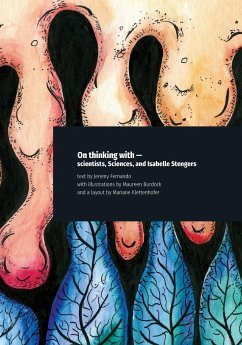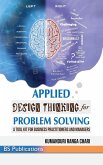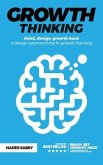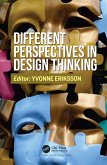In her lecture entitled 'Cosmopolitics: Learning to Think with Sciences, Peoples, Natures', Isabelle Stengers issues a challenge for us to rethink our relationality with the world: to move from an anthropocentric conception - one of her main critiques is the casting of Nature as a "loving mother," as if we are its offspring - to a response to, "with," the unknowability that is Nature; in its, and our, multiplicities. This book offers a reading of the notion of the mother; and, in particular, why Science relies on it. Rifting off, and with, Stengers' notion that the familial, familiar - that naming - is an attempt to tame Nature, this reading opens the possibility that Science's reliance on the correspondence between a notion and a phenomenon, for legitimacy and ultimately authority - allowing all echoes of daddy to resound here - is hinged upon the figure of the mother. However, a reading of the mother also unveils the mystical foundations of the daddy figure of Science, or at least that which Science has become. Thus, it is not so much that we need to revoke Mother Nature, or recast her as an ancient Gaia (as Stengers suggests), but that, more than ever, we need to take the notion of the mother, in all its profundity, seriously. And by doing so, we might perhaps reopen the register that Friedrich Nietzsche never quite lets us forget; that of the gay scientist - the one who tests everything, even the test itself. And in the spirit of Nietzsche, the book opens a conversation with Stengers through multiple channels: written text by Jeremy Fernando; paintings by Maureen Burdock; Mariane Klettenhofer's layout which brings both together whilst maintaining their singularities. Thus, a triptych of responses: all disparate yet always also with Stengers; quite possibly in an attempt to respond to the possibility of a community that she calls for.
Hinweis: Dieser Artikel kann nur an eine deutsche Lieferadresse ausgeliefert werden.
Hinweis: Dieser Artikel kann nur an eine deutsche Lieferadresse ausgeliefert werden.








